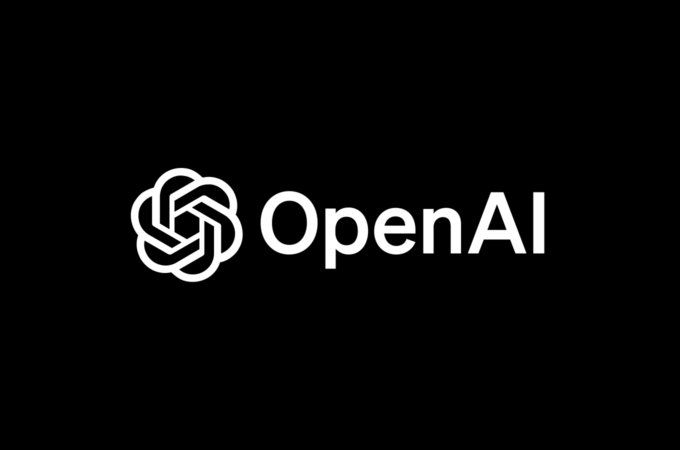
Mastercard’s AI learns to avoid false security flags on the fly
By John Adams for Payments Source
Inaccurate rejections of legitimate transactions aren’t a new problem, and companies can’t always use past transaction data to spot future risk on a large scale. Artificial intelligence can change the game, but only if it is smart enough to adapt its expectations based on the conditions of each transaction, according to Ajay Bhalla, president of enterprise risk and security for Mastercard.
“Behavioral analysis has been done for some time,” Bhalla said, adding the challenge is to perform this analysis at vast scale, with speed and to accommodate dynamic data. “Artificial intelligence can help us do this globally for any account or any card in the world that we want. This was not an easy thing to do before.”
Mastercard on Wednesday took Decision Intelligence out of pilot, making it available globally. The product assesses and scores every transaction, and applies analysis of the transaction to improve the product—a process generally referred to as “machine learning,” a staple of artificial intelligence.
Decision Intelligence examines account usage to separate normal and abnormal shopping behavior. Data includes purchase value, risk profile, location, merchant type, payment device, time and the type of item. This information has long fed security risk technology, but artificial intelligence enables a deeper dive, greater scale and allows security risk management directly at the point of purchase.
“The data is not just about the transactions, but a lot of other data points that we as a payment network look at,” Bhalla said, adding artificial intelligence can better weave historical and ancillary data into a risk decision. Behavior analysis is still a key part of security, but it includes a lot more behavior, and incrementally more and better analysis.
“We see stuff that happens at a merchant because we have that data and we also know where the account has been used before,” Bhalla said.
The fee for the service depends on factors such as Mastercard’s partnership with a particular issuer or geographic location—Bhalla said the product is available in all of Mastercard’s 210 global markets.
The problem the card network hopes to address—’false declines’—is actually worse than fraud, Mastercard contends. Citing data from Javelin Strategy & Research, Mastercard says false declines in the U.S. alone are about $118 billion yearly, with global numbers totaling more than $200 billion. In the U.S, card fraud totals about $9 billion yearly, according to the Javelin numbers.
“Consumers are being inconvenienced, merchants are losing sales and banks are losing transactions,” Bhalla said, adding the inconvenience of a rejected transaction usually results in the consumer moving on to another store or another card. “There is a huge opportunity out there.”
Decision Intelligence follows other security-related artificial intelligence rollouts at Mastercard, including Mastercard IQ, an authorization toolkit that provides insights into cardholder spending and Authorization IQ, which analyses the historical use of a specific card.
Artificial intelligence is also advancing more widely. Revel is using the technology to improve point of sale performance, while PayPal is using machine learning as a security play.
“This technology is increasingly important in fraud prevention,” said Julie Conroy, a research director at Aite Group who is studying the use of machine learning and artificial intelligence for fraud prevention. “Cybercriminals are evolving their tactics too quickly for traditional rules and models to be as effective as needed.”
With machine learning and artificial intelligence, instead of using a framework that searches for suspicious patterns, advanced analytics learns the patterns of good customers and looks for anomalies. “Properly applied, this can create both a better customer experience and catch more fraud.”
The tangible use case of fraud prevention can also help merchants and issuers scale the learning curve for artificial intelligence, Bhalla said. “If users see that this prevents false positives, people will get on board.”
First appeared at Payments Source





